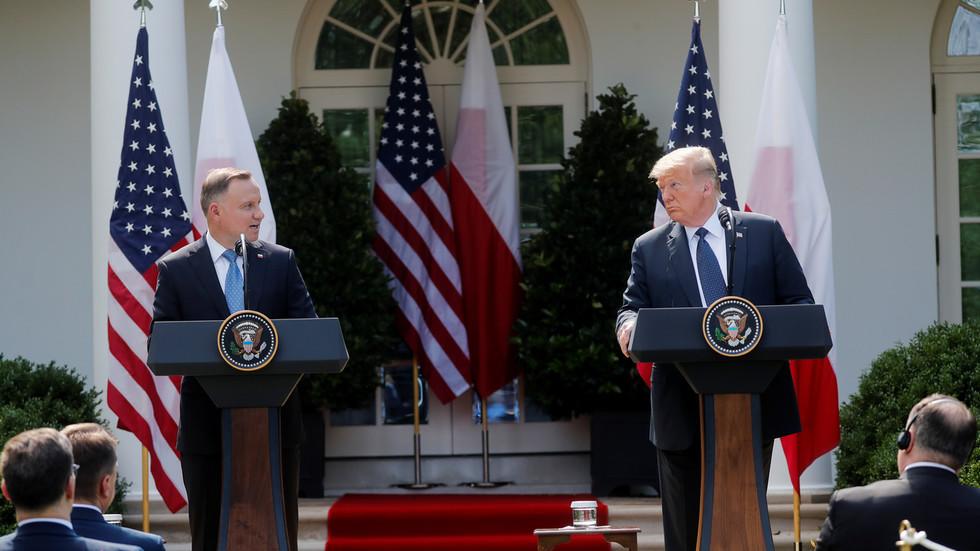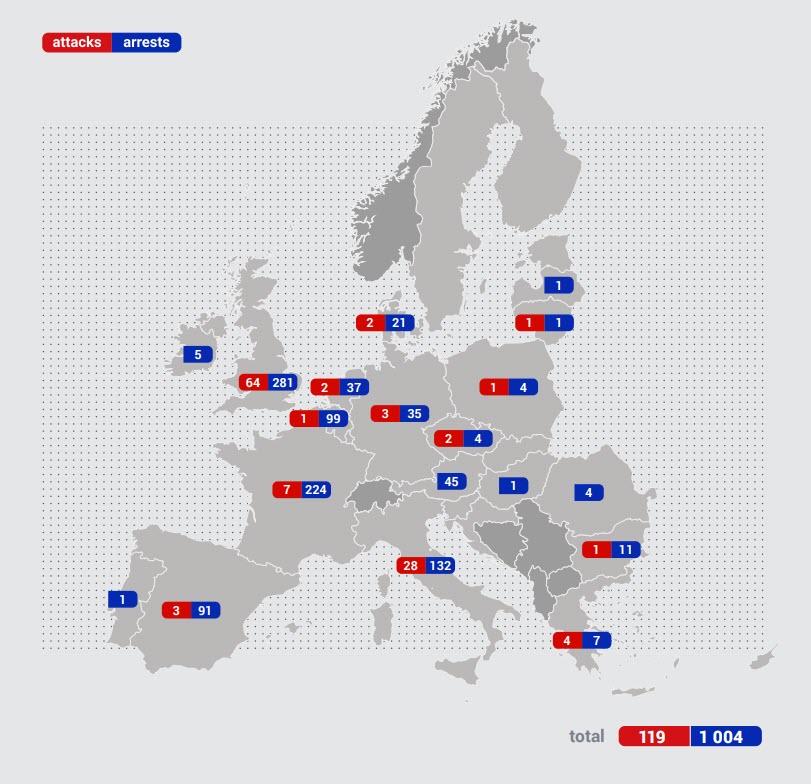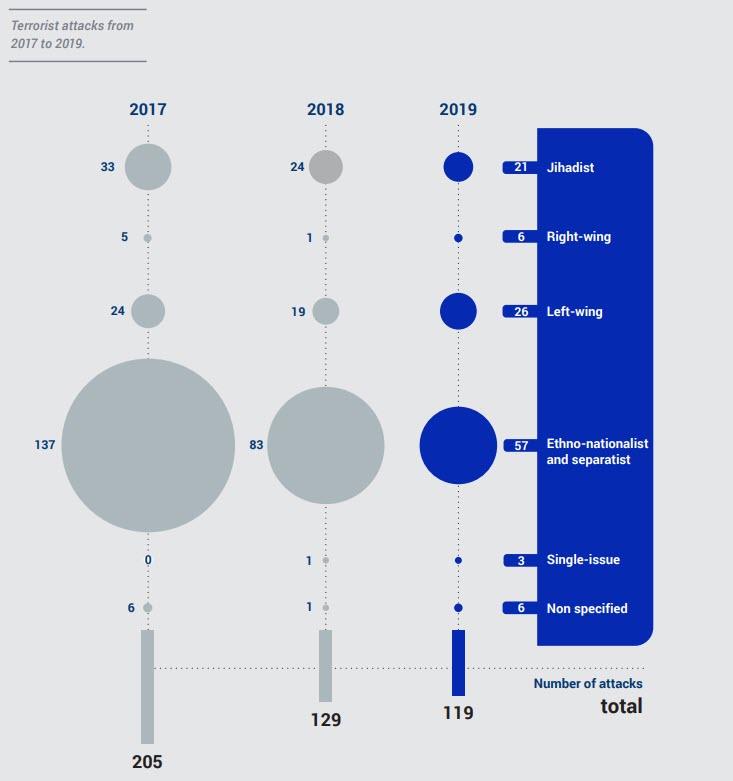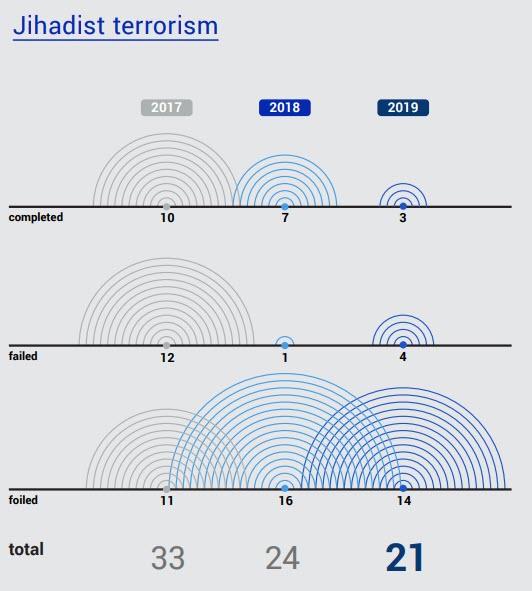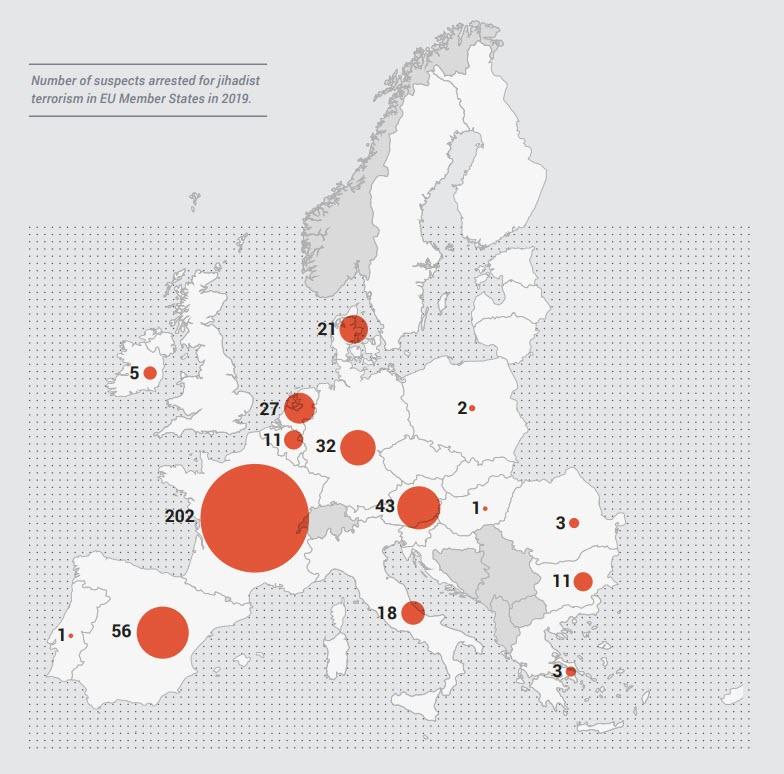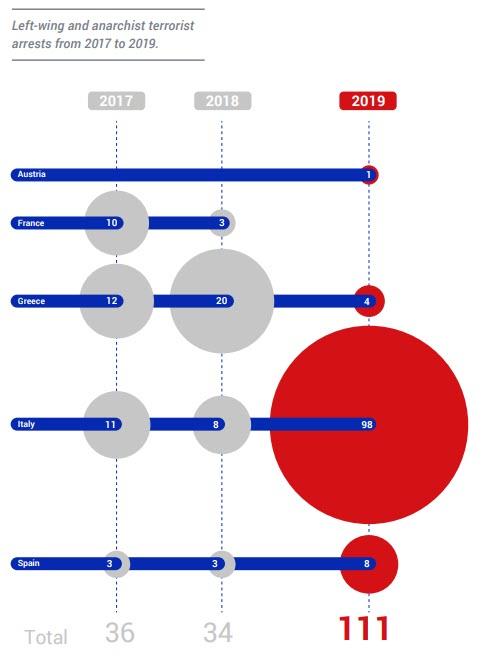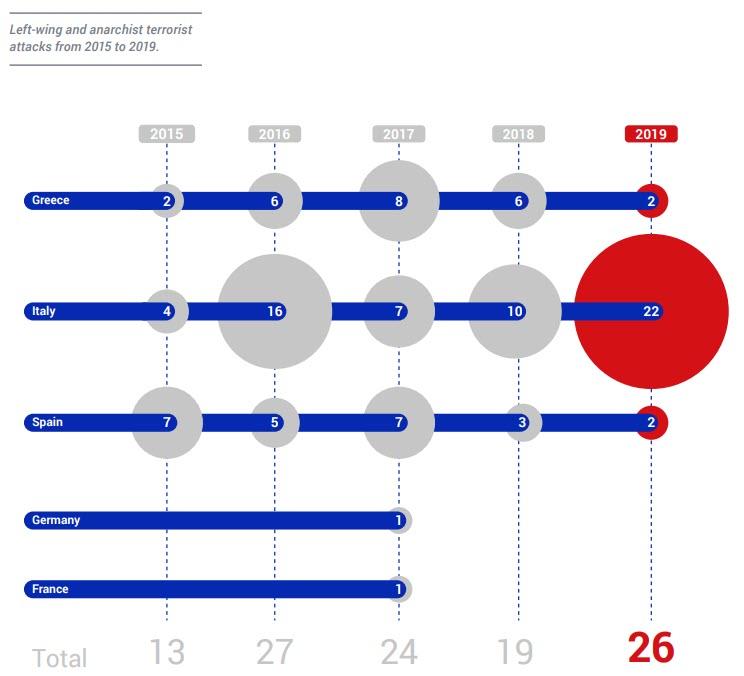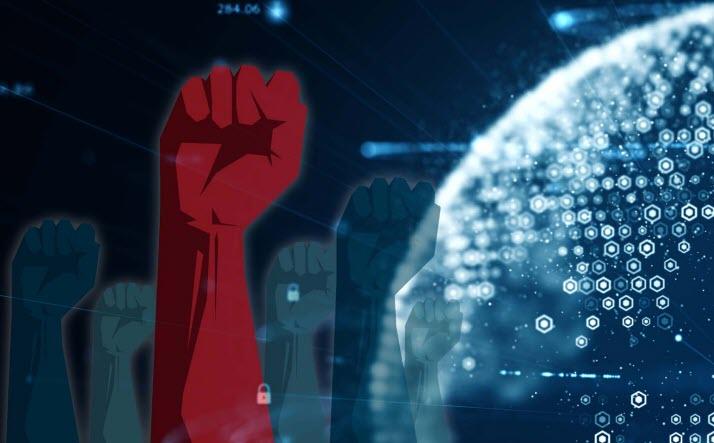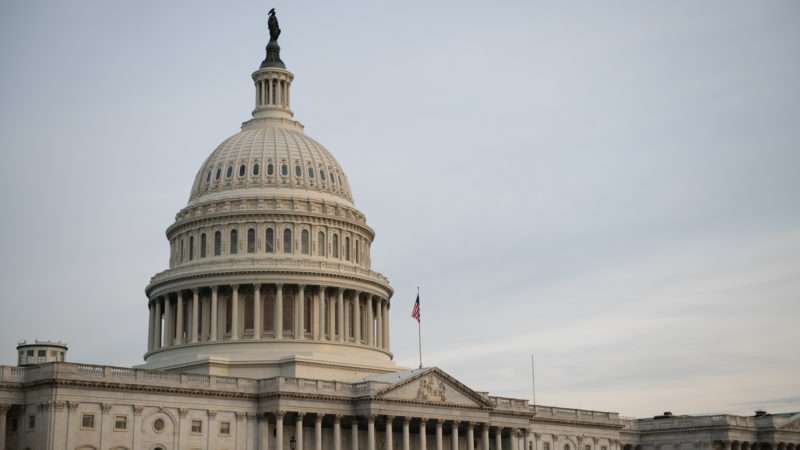US Military Shuffle From Germany To Poland Is Imminent
Tyler Durden
Thu, 06/25/2020 – 05:00
Authored by Mike Shedlock via MishTalk,
Trump is relocating 9500 US troop and lots of fighter planes from Germany to Poland.
Troop Movements on the German-Polish Border
In a tongue-in-cheek headline Eurointelligence reports Troop Movements on the German-Polish Border.
We couldn’t quite resist this headline, but it looks that a relocation of 9500 US troops from Germany to Poland is imminent.
Polish Media Details
-
a new contingent of US troops, some from Germany and some from the US;
-
a relocation of 30 F-16 US fighter planes from Germany to Poland;
-
the headquarters of the V corps of the US army to be moved from Fort Knox to Poland;
-
adding 5 C-130 Hercules military transport aircraft, not clear whether this is a purchase or a relocation;
-
a deal on attack helicopters;
-
a bilateral defence co-operation act between the US and Poland.
Robert O’Brien, the White House national security adviser admits openly that this decision is linked to Germany’s failure to meet the promise of raising defence spending to 2% of GDP by 2024, which is a Nato commitment. He writes that Germany is the world’s fourth largest economy, yet spends only 1.4% of its GDP on defence.
O’Brien also makes a link to the Nord Stream 2 pipeline project, and to Berlin’s choice of 5G telecoms provider. If this goes to Huawei, as we expect it might, the relationship with the US is set to deteriorate further.
Trump Pulls Troops From Germany, It’s a Good Start
On June 7 I commented Trump Pulls Troops From Germany, It’s a Good Start.
No Start at All
I was mistaken. This is not a start, no troops are coming home.
I am in favor of moving the troops, not from Germany to Poland, but from anywhere and everywhere back to the US.
If the EU is concerned about Russia enough to have troops, let the EU fund the troops.
Trump Shuffleboard
Instead, of bringing the troops home, Trump is playing troop shuffleboard.
The US cannot afford to be the world’s policeman and should not try.
Phooey.
via ZeroHedge News https://ift.tt/3dzwScJ Tyler Durden


